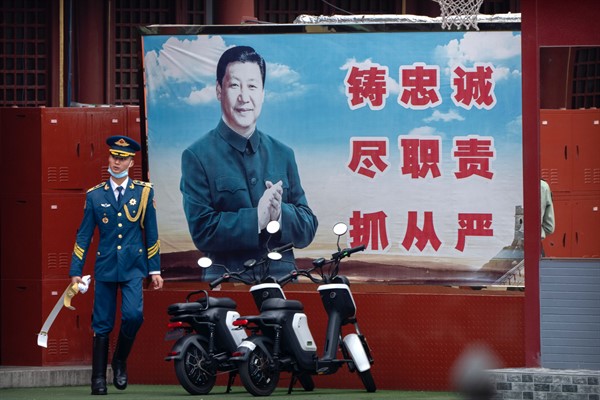China’s “coercive economic policies” took center stage at last weekend’s G-7 foreign ministers’ meeting, after an eventful week that saw Nicaragua break off diplomatic relations with Taiwan in favor of Beijing and China upping the ante in its retaliation against Lithuania, after the Baltic country permitted a Taiwanese Representative Office to open in Vilnius last month.
Nicaragua announced Friday that it would sever long-standing ties with Taiwan, further reducing the number of countries that still recognize the self-governing democracy as a sovereign nation to 14. (Honduras’ incoming president, Xiomara Castro, had made a similar pledge during her campaign, though she has since backtracked on the issue.) Hailing the switch as “a righteous choice,” Beijing donated a million doses of COVID-19 vaccines to the Central American country, which arrived within days. China is also expected to expand trade opportunities and increase direct investment to boost the Nicaragua economy, which remains crippled by international sanctions amid democratic backsliding under President Daniel Ortega’s rule.
Evan Ellis, a professor at the U.S. Army War College, attributed Nicaragua’s switch from Taiwan to China to the effectiveness of Beijing’s vaccine diplomacy, its growing economic importance to the Latin America region and the financial needs of Central American governments, which have been hit hard by the economic effects of the coronavirus pandemic. “China, in pursuing its strategic economic interests, is sustaining authoritarian populists in power, leading to a region which is ever less democratic," Ellis said in an interview with Reuters.

